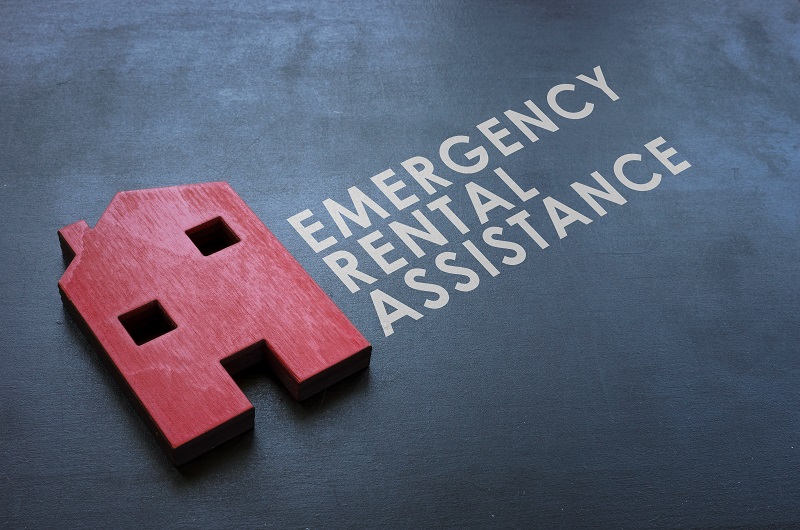Renters Behind on Payments Urged to Check Eligibility for Assistance

Eviction Moratorium Gives Agencies Time to Process Applications
Lily Bohlke – Commonwealth News Service
LOWELL, Mass. — As landlords and real-estate companies challenge the Biden administration’s new Centers for Disease Control and Prevention (CDC) eviction moratorium in court, housing advocates are working to educate people on how to access rental assistance.
The previous order halting evictions expired July 31, and in the absence of congressional action, President Joe Biden ordered the CDC to put in another moratorium in counties where COVID-19 is on the rise.
Connie Martin, director of energy and community resources for Community Teamwork in Lowell, said at a town hall event with Rep. Lori Trahan, D-Lowell, agencies like hers need the extra time to process applications.
She noted the amount of money they used to process in a year for rental aid is now what they do in a week.
“It does take the immediate pressure [off], I think, for families who have their court dates already scheduled and were quite honestly in panic mode, where their families are going to be sleeping in the near future,” Martin explained.
Federal COVID relief packages have allocated $47 billion for rental assistance across the country, with $436 million to Massachusetts alone.
Martin pointed out many residents don’t know how to access the funds, and she urged people to reach out to their local housing agency if they need help with their application.
Applicants for rental assistance need to provide ID for the head of the household, proof of their current housing, verification of their housing crisis such as an overdue payment notice or eviction notice, and proof of income eligibility.
Lindsey Richmond, housing consumer education center manager at RCAP Solutions based in Worcester, cautioned applicants to make sure they have a complete application.
“Crises don’t discriminate,” Richmond remarked. “Now, more than ever, we’re working with people that have never even thought about asking for help before. And with that, they just need direction on where to even begin.”
Even before the administration reinstated a moratorium, landlords and real-estate companies were suing the federal government, saying landlords will still be owed even if all funds for rental assistance are paid out.
Lawmakers who pushed Biden to restore the moratorium argued it is a necessary step to give states more time to help as many people as possible stay in their homes.
